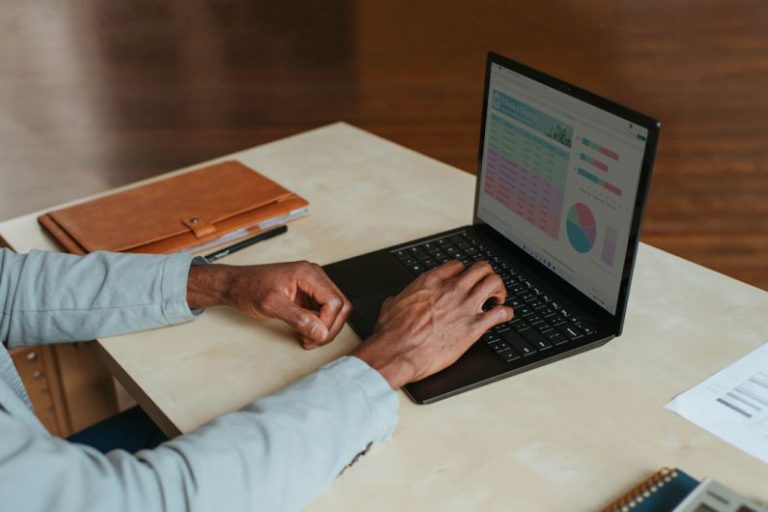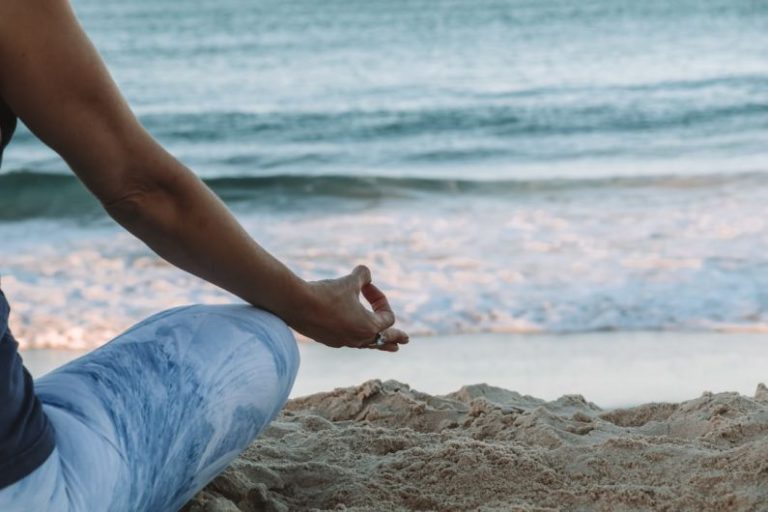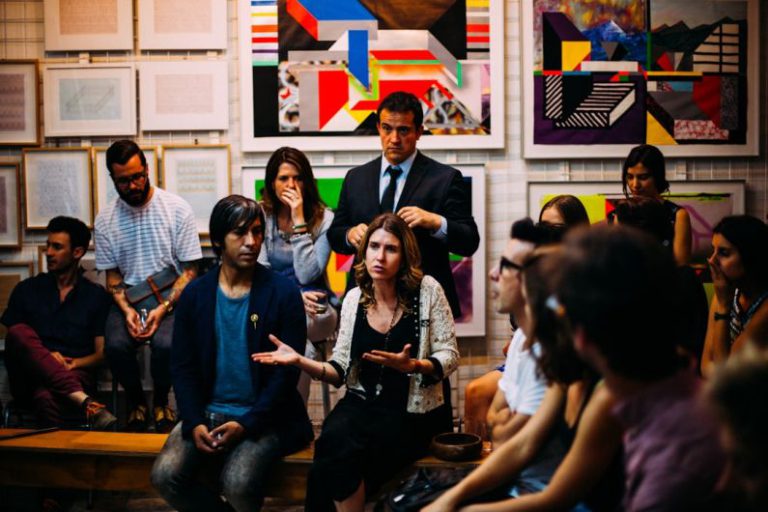The Importance of Time off for Creative Professionals
In today’s fast-paced world, creative professionals often find themselves caught in a never-ending cycle of deadlines, projects, and client demands. The pressure to constantly produce innovative work can take a toll on their mental and physical well-being. That’s why it’s crucial for creative professionals to prioritize taking time off to recharge and rejuvenate. In this article, we will explore the importance of time off for creative professionals and how it can benefit both their work and overall quality of life.
**Fueling Creativity**
Taking time off is essential for fueling creativity. When creative professionals are constantly working without breaks, they may experience burnout, which can hinder their ability to think creatively and come up with fresh ideas. Stepping away from work allows the mind to rest and wander, giving space for new inspiration to emerge. Whether it’s taking a walk in nature, traveling to a new place, or simply spending time with loved ones, these breaks provide the mental refreshment needed to tackle creative challenges with renewed energy and perspective.
**Preventing Burnout**
Burnout is a real concern for creative professionals who are passionate about their work. The intense pressure to constantly produce high-quality work can lead to exhaustion, cynicism, and a decrease in overall job satisfaction. Taking regular time off can help prevent burnout by allowing individuals to disconnect from work stressors and focus on self-care activities that rejuvenate the mind and body. By prioritizing time off, creative professionals can maintain their passion for their craft and sustain their creative energy in the long run.
**Enhancing Productivity**
Contrary to popular belief, taking time off can actually enhance productivity. When creative professionals are well-rested and mentally refreshed, they are better equipped to focus, make decisions, and solve problems efficiently. Time off allows for a break from the constant stream of work-related tasks, giving individuals the opportunity to return to their work with a clear mind and renewed motivation. By establishing a healthy work-life balance that includes regular time off, creative professionals can optimize their productivity and deliver their best work.
**Improving Mental Health**
The demanding nature of creative work can take a toll on mental health if not properly managed. Anxiety, stress, and feelings of overwhelm are common among creative professionals who struggle to find time for self-care and relaxation. Taking time off is crucial for improving mental health by reducing stress levels, increasing feelings of well-being, and promoting a sense of balance in life. Engaging in activities that bring joy and fulfillment outside of work can have a positive impact on mental health, leading to increased creativity, focus, and overall job satisfaction.
**Boosting Innovation**
Time off plays a key role in boosting innovation among creative professionals. Stepping away from the daily grind allows individuals to gain new perspectives, explore different interests, and engage in activities that spark curiosity and imagination. This time away from work fosters a sense of exploration and experimentation that is essential for generating innovative ideas and pushing creative boundaries. By embracing time off as a catalyst for innovation, creative professionals can tap into their full creative potential and bring fresh perspectives to their work.
**In Summary**
In conclusion, time off is not just a luxury for creative professionals; it is a necessity for maintaining creativity, preventing burnout, enhancing productivity, improving mental health, and boosting innovation. By prioritizing time off and making self-care a priority, creative professionals can cultivate a sustainable and fulfilling career that allows them to thrive both personally and professionally. Time off is not a sign of weakness but a strategic investment in one’s well-being and creative capacity. So, remember to schedule regular breaks, disconnect from work, and indulge in activities that replenish your creative spirit. Your work and overall quality of life will thank you for it.






